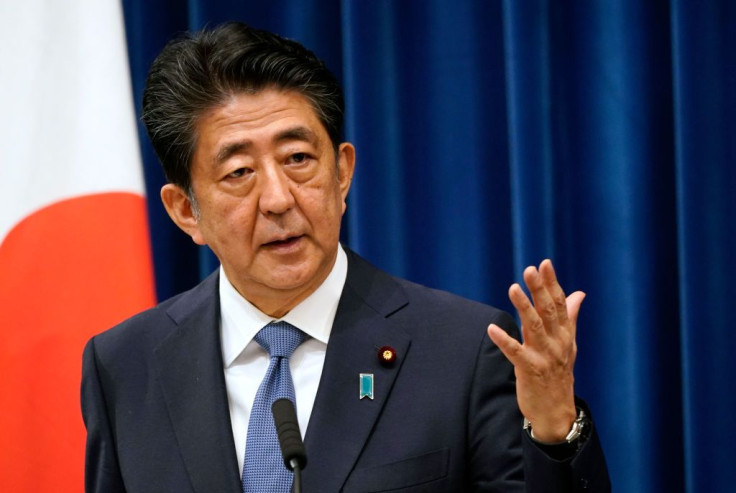Officials said that a man set himself on fire near the Japanese Prime Minister’s office in Tokyo on Wednesday. It was done in an apparent protest against the state funeral for former Prime Minister Shinzo Abe that is scheduled for Sept 27.
The Japanese man in his 70s was taken to a hospital after the incident, according to Japan’s public broadcaster NHK. BBC reported that the extent of his injuries and his current condition is not known.
Japan’s Chief Cabinet Secretary Hirokazu Matsuno told reporters on Wednesday that he had heard that police found a man who had "suffered burns near the cabinet office this morning before 7 a.m. and I’m aware that police are investigating." According to CNN, the man told cops that he was against plans to hold a state funeral for Abe later this month.
AP News reported that the man sustained burns on large parts of his body. But he was conscious and told police that he set himself on fire after pouring oil over himself. A note was also found with him that said that personally, he was "absolutely against” Abe’s funeral.
Police called it an attempted suicide. They refused to give further details as the case involved no criminal intent. They also declined to comment on a report that a cop was caught in the fire. It was said that an officer who tried to extinguish the fire had been injured and was taken to hospital.
Police are currently gathering evidence from security cameras and eye witnesses.
Abe was Japan’s longest-serving Prime Minister. He held office from 2006 to 2007. He again became the PM from 2012 to 2020 before resigning due to health reasons. In July, he died from excessive bleeding at the age of 67. He was shot while giving a public campaign speech.
When news of his assassination spread across the world, huge crowds collected on the streets of Tokyo to pay their respects. The Japanese government announced that it will hold a state funeral for Abe. The ceremony is expected to cost up to $12 million due to hefty security and reception fees to host foreign dignitaries.
The move is being opposed by many. Some are protesting as they see it as an exorbitant use of public funds for the event. Others have issues with Abe’s occasionally divisive politics. In Japan, state funerals are usually reserved for members of the imperial family. But the honor was also afforded to former Japanese Prime Minister Shigeru Yoshida in 1967.

© 2025 Latin Times. All rights reserved. Do not reproduce without permission.





